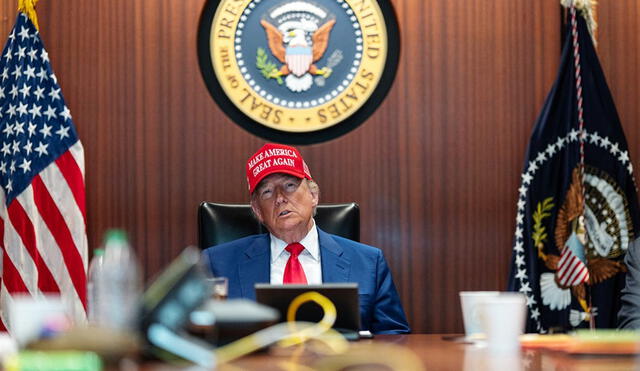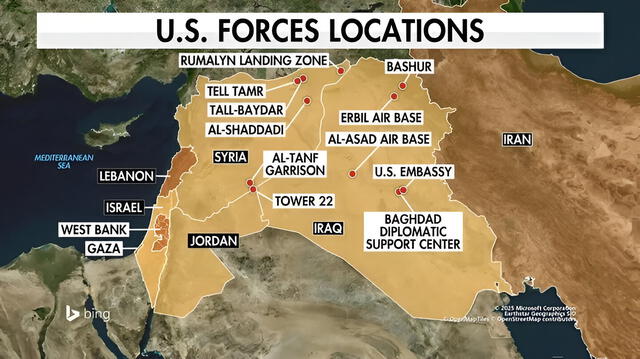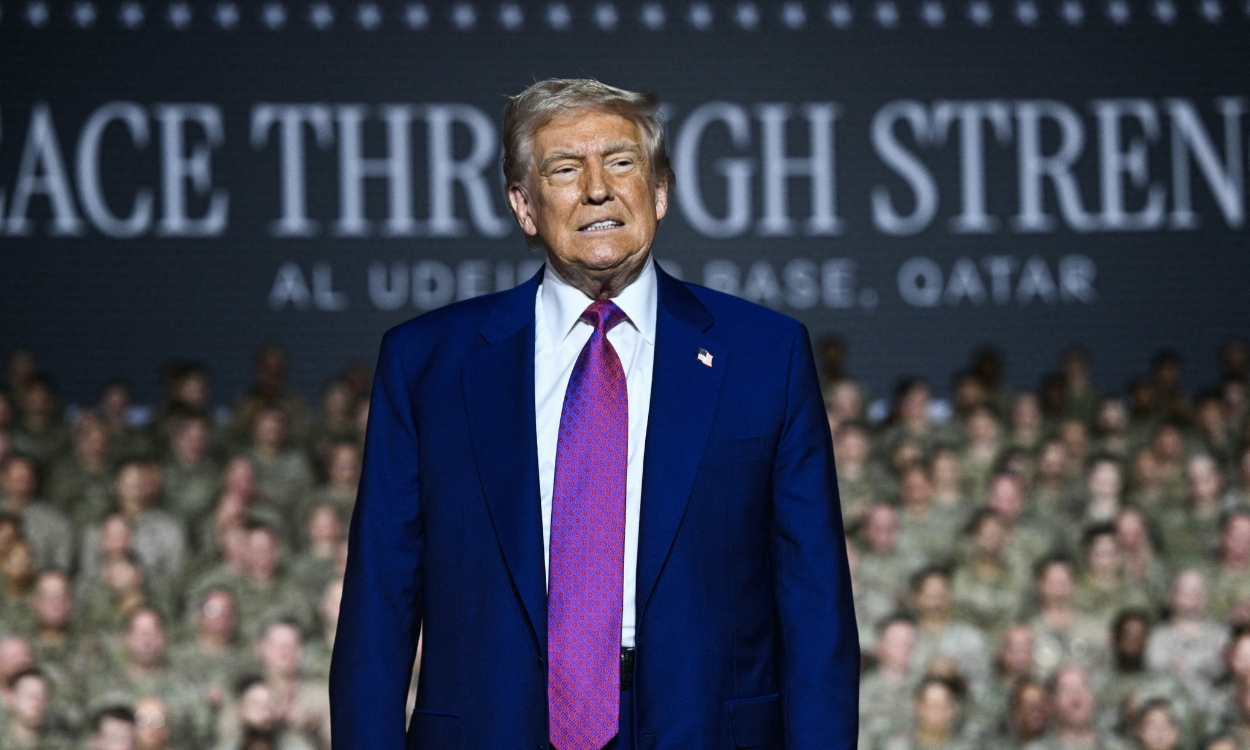Trump downplays Iran strike on U.S. base in Qatar, thanks Tehran for advance notice
Despite Iran's missile attack on Al Udeid Air Base, Trump called the response “very weak” and expressed gratitude for Tehran’s prior warning, signaling hopes to avoid further escalation.

Iran launched short- and medium-range ballistic missiles at the Al Udeid Air Base in Qatar, home to around 10,000 U.S. troops stationed in the Middle East. The strike was presented as a direct retaliation for the U.S. bombing of Iranian nuclear facilities under "Operation Midnight Hammer." Reports vary, indicating between six to fourteen missiles were fired. The attack took place around 7:39 p.m. local time, shortly after Qatar temporarily closed its airspace. Iranian authorities described it as a proportional response, matching the number of bombs dropped on Iranian soil.
Qatar activated its air defense systems and claimed it intercepted all the missiles with no casualties reported. The U.S. also confirmed that most projectiles were successfully shot down. President Trump stated that Iran had warned in advance and called the response “very weak.” Iran aimed to demonstrate its retaliatory capacity without provoking a full-scale war. In response, the White House placed its national security team on high alert and convened emergency meetings.
Gulf states condemn Iran strike as oil prices drop amid de-escalation signs
Saudi Arabia, the UAE, Bahrain, Jordan, and Oman condemned the attack, labeling it a violation of international law and urging restraint. Qatar, taking a neutral diplomatic stance, stated it had the right to respond proportionally and reserved the option to act later. The U.S. and U.K. issued shelter-in-place warnings for their citizens in the region. Several Gulf nations briefly closed their airspace amid the perceived threat. The international community called for de-escalation to prevent a spiral of retaliatory violence.
The strike briefly eased energy market fears, with Brent crude prices falling 7.2% due to signs of de-escalation. Analysts saw Iran's move as largely symbolic—intended to send a political message without disrupting global oil supply or closing the Strait of Hormuz. Iran seemed focused on maintaining political balance rather than triggering a broader conflict. The steady oil output from OPEC+ also helped stabilize prices.
Europe pushes for diplomacy as Trump warns Iran and tensions remain high
In Europe, diplomats scrambled to contain the situation amid concerns of escalating tensions between the U.S., Iran, and Israel. EU foreign ministers held urgent meetings expressing alarm over regional stability. The E3 nations (France, Germany, UK) attempted to reopen dialogue with Iran, though Iran has been increasingly turning to Russia for diplomatic mediation. Russia, along with Pakistan and China, called for an immediate ceasefire. European nations fear a wider conflict could destabilize global markets and critical supply chains.

Map showing key U.S. military bases and assets across the Middle East amid rising tensions with Iran. Photo: Fox News
President Trump reiterated that “now is the time for peace,” though he hinted at future action should Iran continue its aggression. He credited the advance warning from Tehran for saving lives and praised the effectiveness of U.S. missile defense systems. Still, he warned that any further attacks would be met with force. U.S. missile defense systems remain fully operational across the region, including in Iraq.













